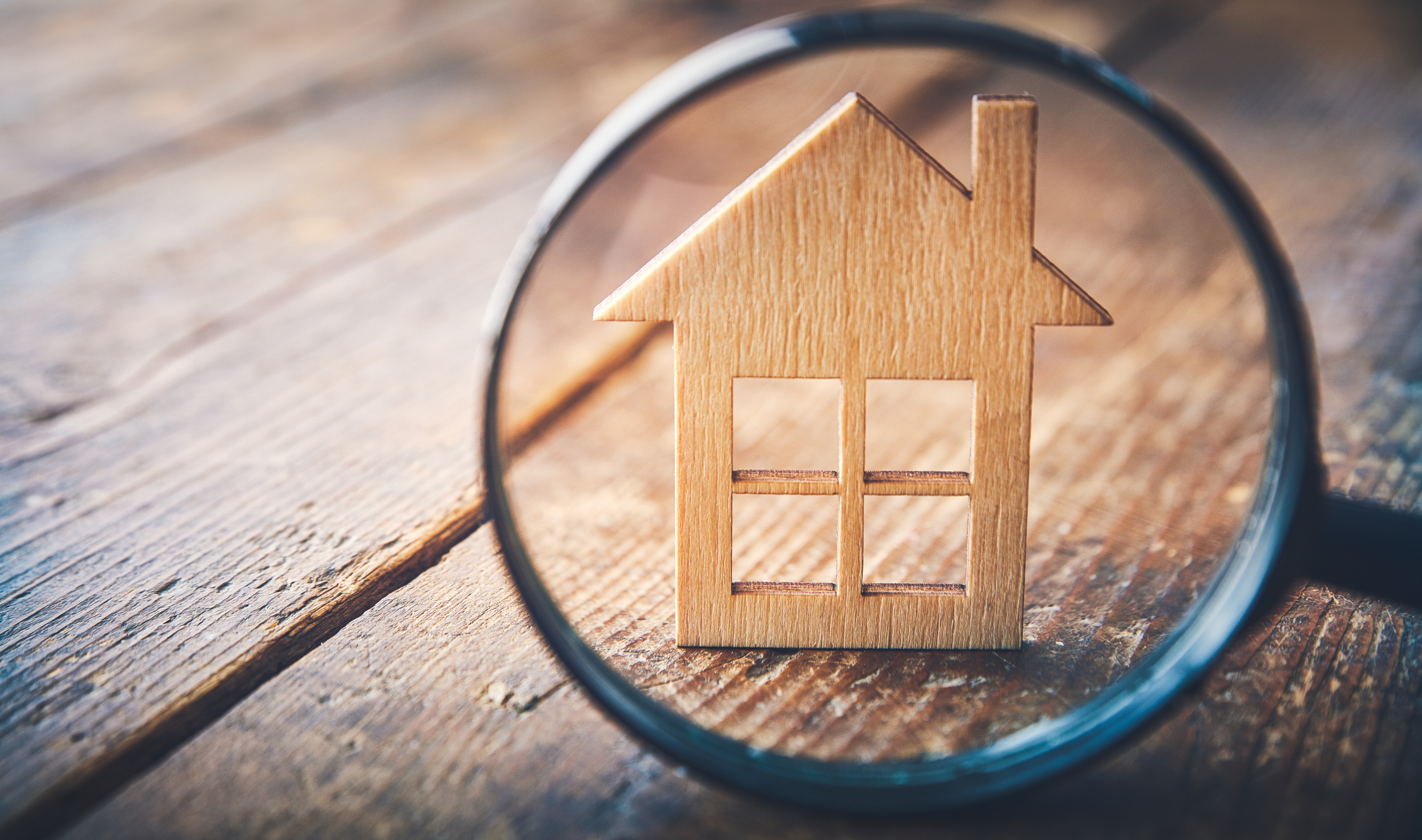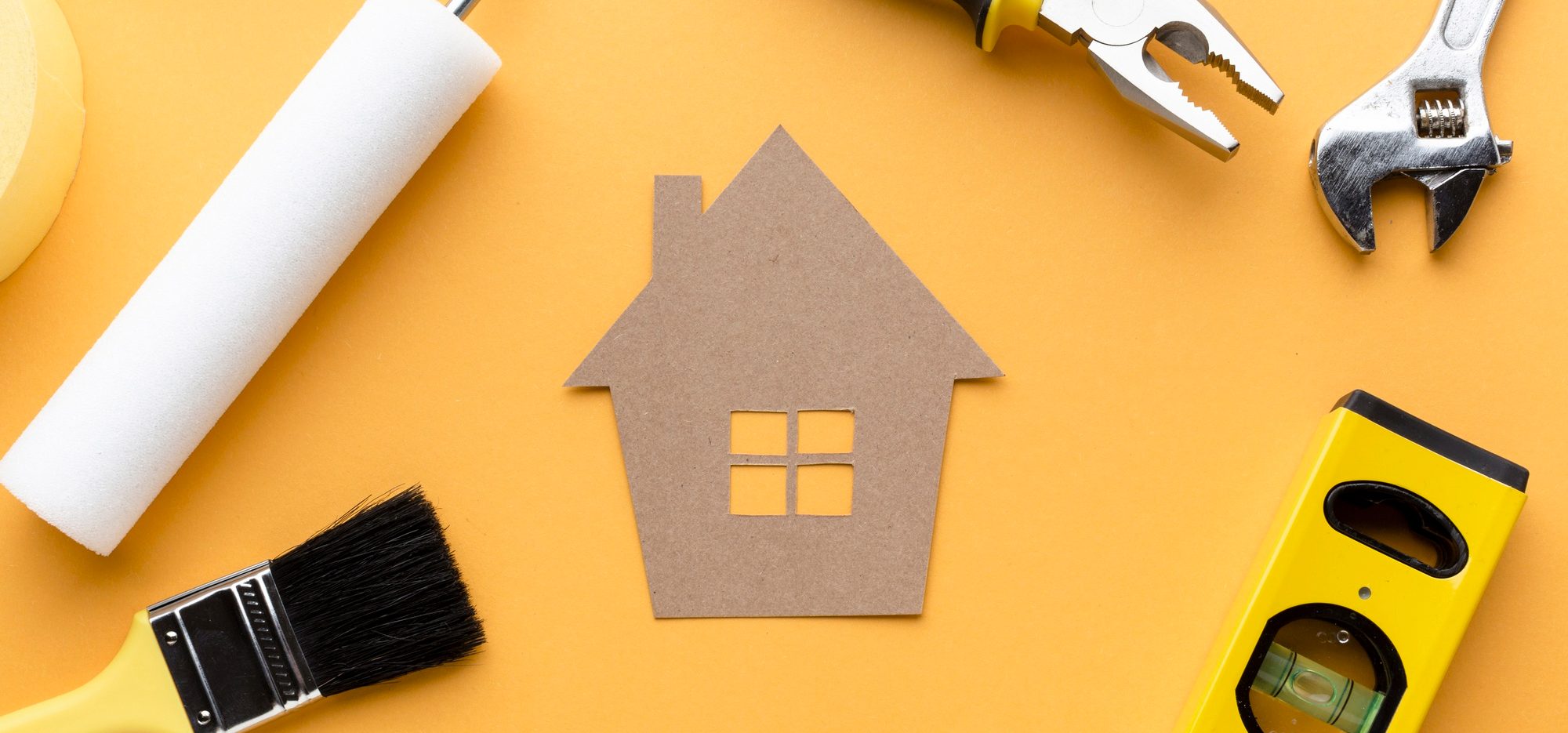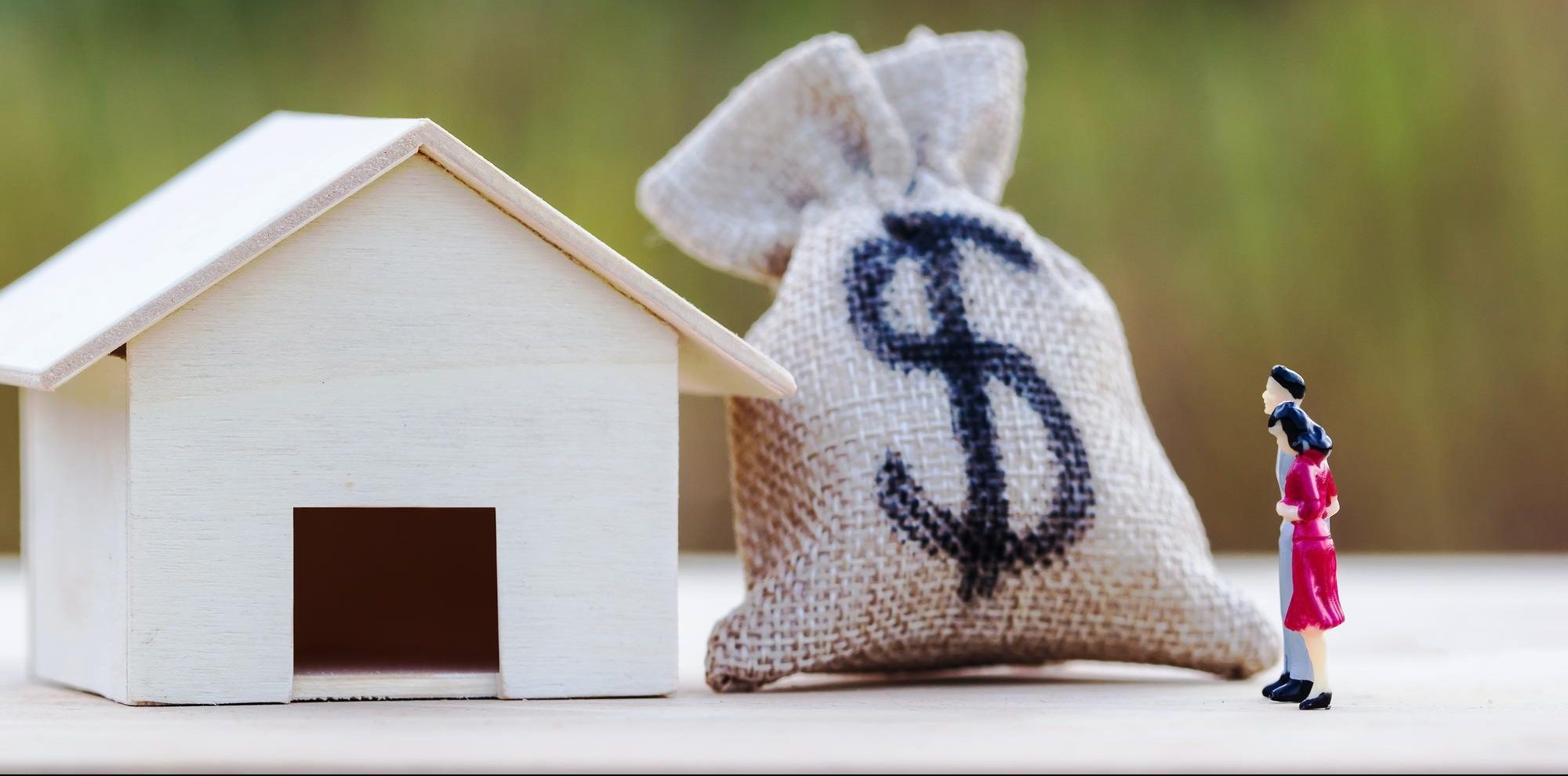One of the most critical decisions in life is choosing the ideal property or home where we will settle, alone or with our family. Therefore, a home inspection before buying a specific property is essential. A thorough home inspection can reveal issues that may take time to be apparent during a casual walk-through. Having been through numerous inspections, I’ve learned some critical considerations for home inspection. Below is a detailed guideline to help you make an informed decision when buying a home.
What is Home Inspection?
A home inspection is an evaluation—usually in writing—of the property’s condition by a licensed inspector. Inspections are mostly done after an offer to purchase but before closing the deals. They will then make a report about their findings to the client. This report may be helpful for buyers in making wise decisions, negotiating for repairs or price adjustments, and ensuring the home represents a sound investment.
Roof Inspection
It is essential to pay attention to the property’s roof, as an aging or damaged roof can lead to expensive repairs. Here are some things to watch out for:
- Look for missing, cracked, or curled shingles, indicating weather damage or old age.
- Check for discoloration or seepage inside the house, as these could indicate roof leaks.
- Ensure that the gutters and downspouts are working properly to direct water away from the edge of your house, which can help prevent water damage and foundation problems.
Examine the Foundation
Look for cracks in the walls, floors, and outside foundation and any noticeable gaps. Keep an eye out for windows and doors suddenly having difficulty opening or closing, which may indicate emerging foundation problems. Additionally, be mindful of any uneven or sloping floors, as these could be signs of underlying issues with the foundation.
Check the Plumbing System
Plumbing repair costs are often high due to potential damage if issues are not promptly addressed. To detect potential plumbing problems, check for low water pressure by turning on all faucets and showers, look for wet areas or staining around sinks, toilets, or the water heater, and inspect the septic tank for any signs of odor or damp spots.
Inspect the Electrical System
Safety and up-to-date electrical systems are crucial for any household. However, old wiring or reserve systems can pose significant hazards. During the inspection, it’s essential to check the electrical panel for signs of rust and burn marks, ensure that the wiring meets current safety standards, and discard faulty receptacles and switches.
Check the HVAC System
The heating, ventilation, and air conditioning (HVAC) system is essential for maintaining comfort in your home. Here are a few things to consider:
- How old is the HVAC system, and what is its condition? HVAC systems typically last 10 to 15 years, so it may be time to consider a replacement if yours is approaching this age.
- Remember to ask for a maintenance assessment. Regular maintenance is a good sign that the system has been well cared for.
- Check if the airflow from the vents is evenly distributed. Inspect the ducts for any accumulation of dirt or damage.
Conclusion
A good home inspection is vital in the process of buying a home. It would allow you, with the view in hand, to preindicate problems and deter costly surprises in the future regarding the roof, foundation, plumbing, electrical, and HVAC systems. Hiring a professional home inspector to give you a report and help you understand the property’s condition is always best. If you find this information helpful, check out more of our recently published articles. NW Realty Group is your go-to destination for all real estate selling and buying experiences. Contact us today!






